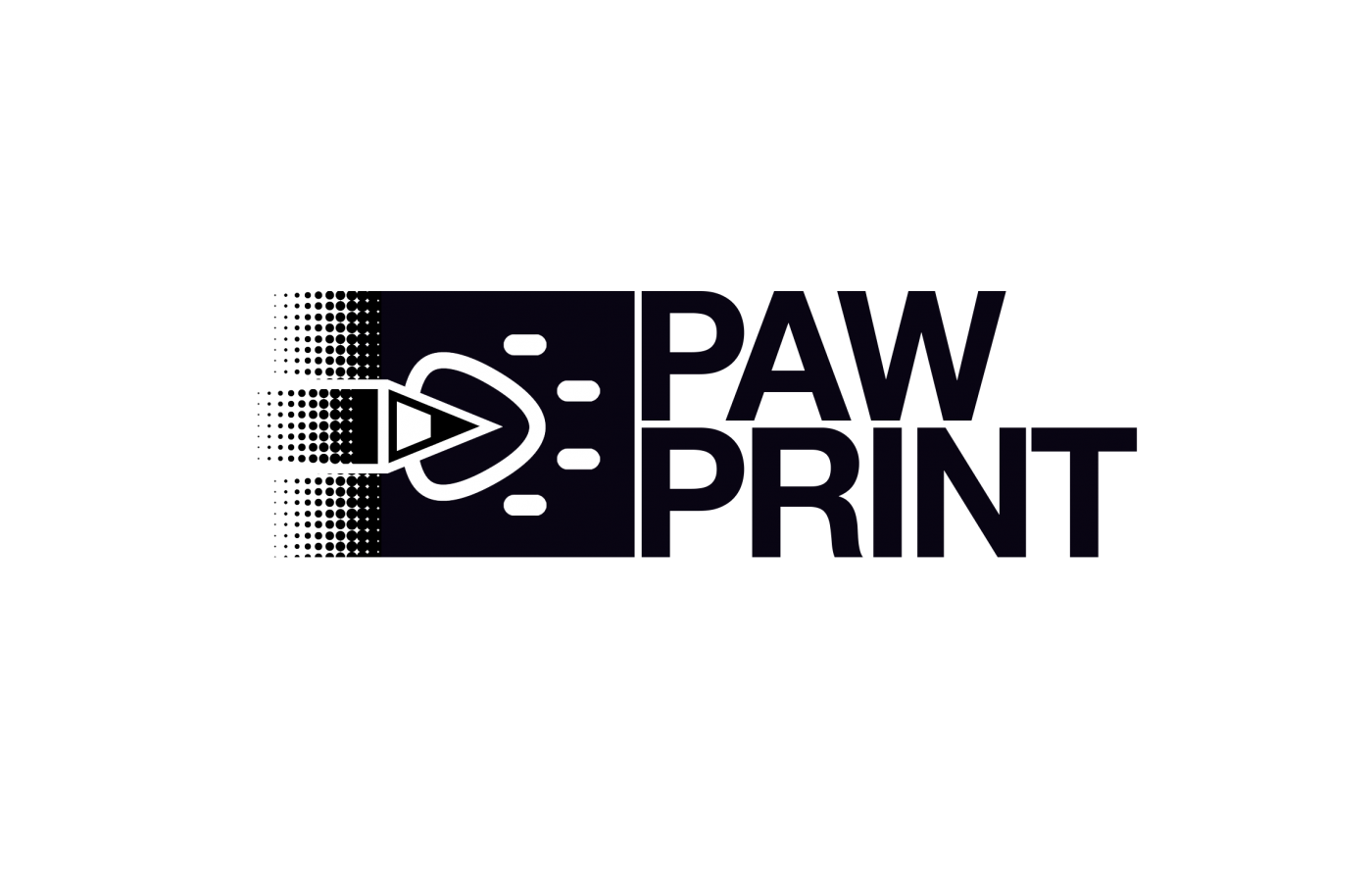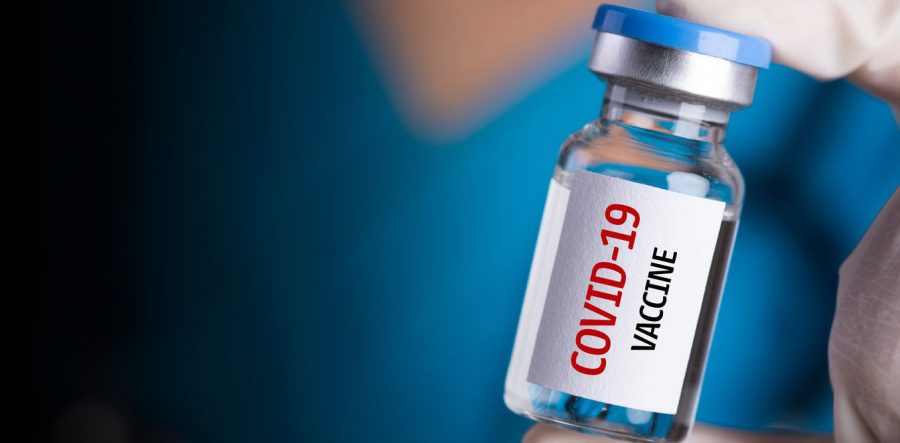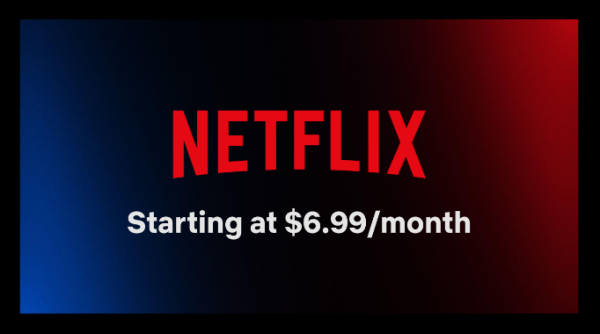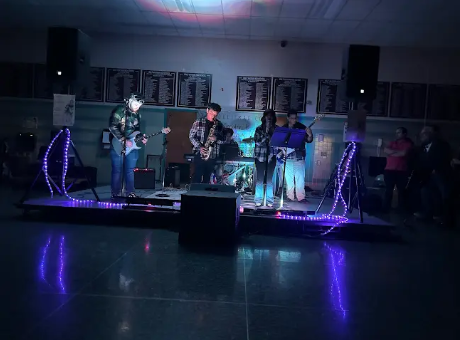Everything You Need to Know About Coronavirus Vaccines
The pandemic has finally hit a turning point—the vaccine. But the battle is far from over.
Two major drug manufacturers—Pfizer and Moderna—have distributed the first doses of the vaccine, and have shown to be 94% to 95% effective, according to the CDC and FDA. The vaccine is presently being distributed to healthcare workers and high-risk individuals before it reaches the general public.
Is this vaccine safe?
The CDC has stated that they have developed a new smartphone tool, v-safe, to rapidly detect safety issues with the vaccine. The vaccine has been carefully tested to ensure its safety that upon receiving it, you’ll have less of a chance of contracting COVID-19. The only danger, according to hopkinsmedicine.org is if you have allergies to any of the ingredients within the vaccine, and in that case, you should not receive the vaccine.
Upon distribution, you will get one dose of the vaccine, and then a second dose 3-4 weeks later. The CDC claims it’s necessary “to get the most protection the vaccine has to offer.”
The estimate is that the vaccines will start being administered to the general public around spring of 2021. It’s going to be a long and complicated process, so don’t expect everything to go smoothly as there are likely setbacks yet to come.
As the process of administering the vaccines has only just begun, the rollout has actually been pretty slow. Matthew Italo, a junior at Walt Whitman High School, commented, “Most people I know haven’t gotten the opportunity to be vaccinated yet. However, that may just be because the vaccine wasn’t fully completed.” When asked for his opinion about how long until a return to normalcy, Matthew predicted, “Most likely somewhere around a year from now. Things can always get worse though.”
We’ve finally got news on a vaccine, and there’s hope that this pandemic will come to a close. This is the beginning of the end.







